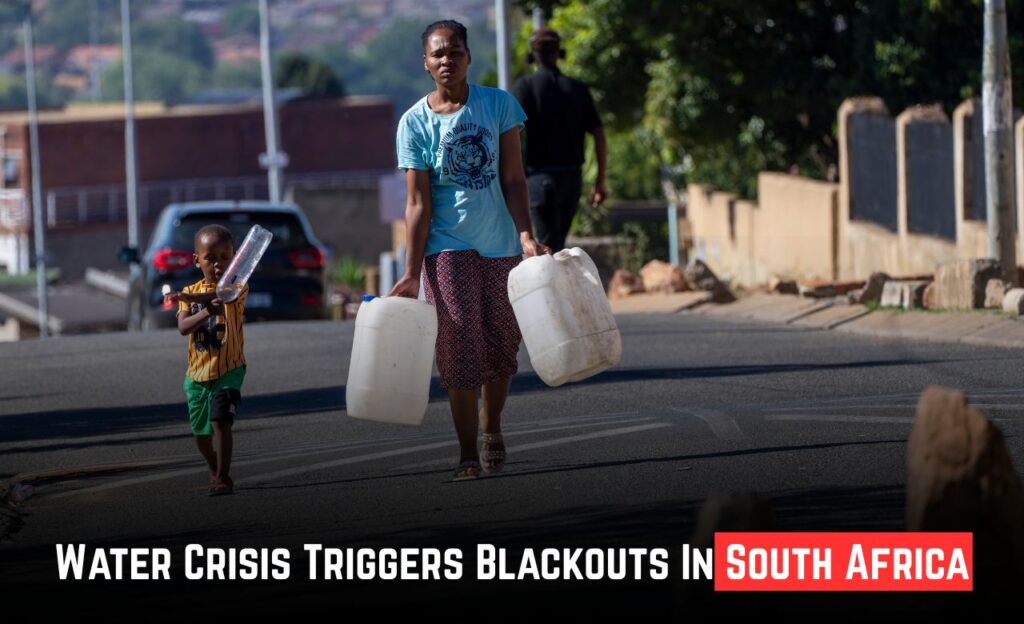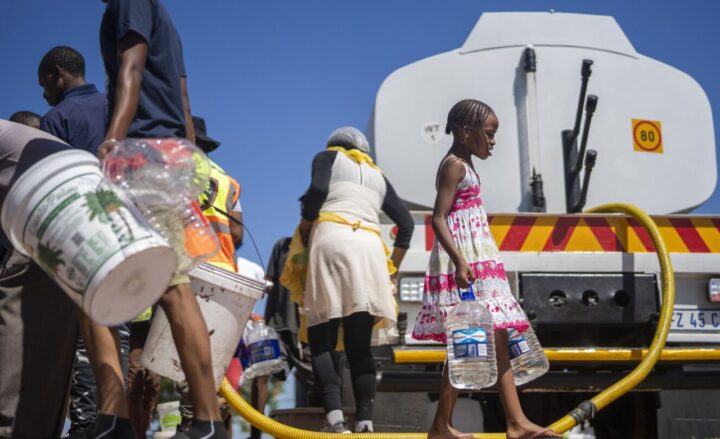The South African Constitutional Court has switched to remote work since November 1st. This change happened because they don’t have steady water supply in their building. It’s a clear example of South Africa’s ongoing infrastructure problems. The nation’s top water official says there isn’t a water crisis yet. However he warned that clean water access could get much worse soon. This situation affects daily operations in Africa’s largest economy. The water problems add to other challenges the country faces with its basic services.

South Africa’s water and power collapse: how failing infrastructure triggers blackouts
South Africa faces big problems with its power and water systems. Many places often have no electricity and water cuts are common. This hurts the country’s economy badly. In the Gauteng area near Johannesburg, about half of all water gets wasted due to old pipes leaks and people stealing it. Rich people can buy their own backup systems like water tanks and solar panels. But poor people cannot afford these solutions. When rich people use less city water and power, the local government gets less money. This makes it harder to fix the systems and help poor residents. The situation keeps getting worse as time goes on. The basic services keep breaking down & the gap between rich and poor people grows bigger. This has been going on for many years with no real solution in sight.
When politics dries up the taps: why water scarcity is not just a technical issue
Water shortages affect many people around the world. About half of all people deal with water problems during at least one month each year. The UN expects 1.8 billion people will have no water access by 2025. Climate change makes this worse but money is also a big part of the problem. Many places simply can’t afford to build good water systems. Some countries find different ways to handle water needs. The UAE is a good example. They buy food from other countries instead of growing it themselves. They also clean ocean water to make it drinkable. This helps them meet their water needs even though they live in a dry area.

From farms to tables: how global food security crumbles under South Africa’s water shortages
We need to act fast to save our water supply or we won’t be able to grow enough food in the next 25 years. This warning comes from a new report by water experts. They say we must stop thinking that water will always be available. Water systems around the world are linked together. One expert explained that even big countries depend on each other for water management. For example China needs healthy forests in places like Ukraine and Kazakhstan to maintain its own water supply. The report suggests that all countries should work together to protect water as a shared resource instead of treating it like an endless supply.






